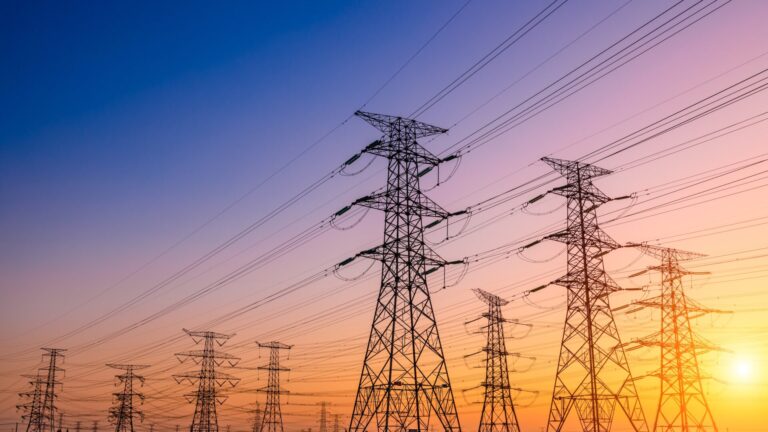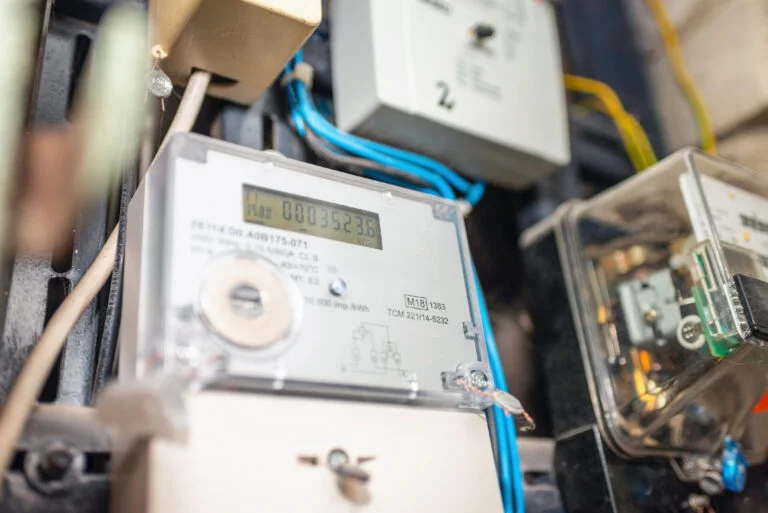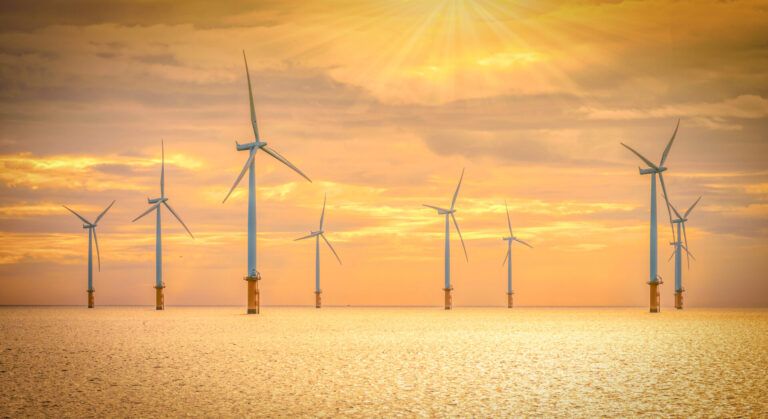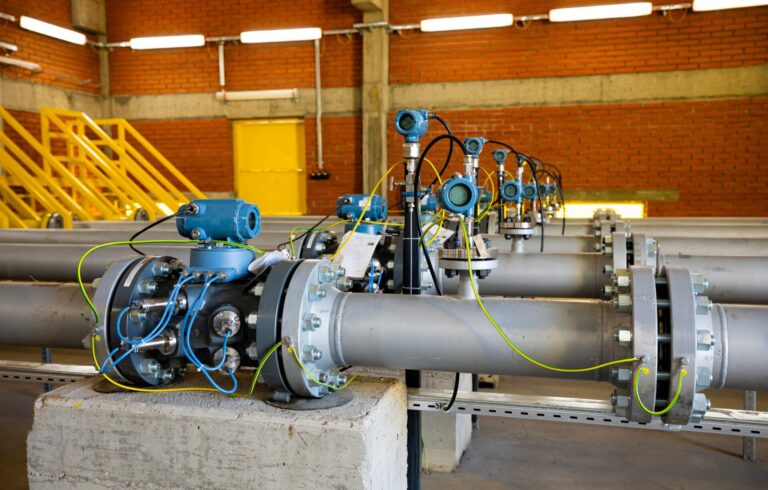A Shift in Power
The UK’s energy landscape has changed significantly over the past decade, reflecting a national drive to cut emissions, reduce dependence on imported energy, and invest in homegrown renewables. Since 2015, energy imports have dropped by 15%, a shift that speaks volumes about Britain’s changing energy mix and the strengthening of its domestic power generation.
Less Import, More Independence
A key factor in the decline of energy imports is the marked increase in UK-based electricity generation, especially from renewables such as wind and solar. This trend reflects the success of government policy, technological progress, and continued investment in sustainable energy infrastructure.
Electricity imports fell by 23% in 2023 alone, and the UK now generates around 93% of its electricity domestically. This surge in homegrown power has been driven by rapid increases in renewable generation and a reduced reliance on fossil-fuel-based electricity imports from neighbouring nations. An energy expert described the change as “a remarkable turnaround from just a few years ago when we relied more heavily on imports.”
However, it’s important to note that this figure refers specifically to electricity. When we look at the broader energy picture which includes gas, oil, and other fuels, the UK still imports around 40% of its total energy. Even so, total energy imports have declined by 15% since 2015, reflecting a gradual but meaningful shift toward greater self-sufficiency across the entire energy system.
The Power of the Mix: Wind, Solar and Storage
According to the International Energy Agency (IEA), wind power now forms the backbone of the UK’s electricity generation, making up a significant portion of the renewable mix. Offshore wind in particular has surged, contributing nearly 30% of the UK’s electricity in 2023. Solar energy, although more intermittent, continues to grow as well, aided by falling costs and government incentives.
Energy storage technologies and flexible grid infrastructure have also improved, allowing better integration of these renewables into the grid. These advancements support reliability and have reduced the need to fall back on imported electricity during periods of high demand.
Making Energy More British
A detailed analysis from the Energy and Climate Intelligence Unit has shown that the UK is becoming less import-dependent and more self-reliant. Their findings underline that domestic production now supplies the vast majority of our electricity, a stark contrast to the situation a decade ago.
Notably, renewable sources delivered 42% of all electricity in 2023, with low-carbon sources in total – including nuclear – making up nearly 60%. This not only enhances energy security but also keeps costs more stable for British businesses and households, insulating the UK from global market volatility.
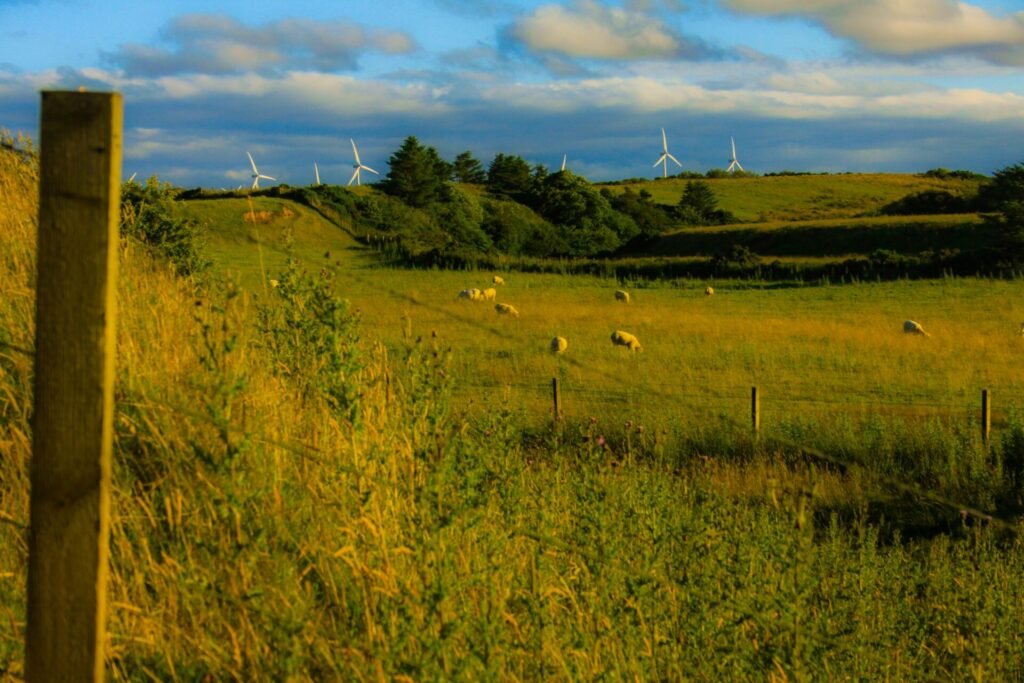
How Does the UK’s Energy Independence Stack Up in Europe?
How Does the UK’s Energy Independence Stack Up in Europe? When viewed in isolation, the UK’s 15% reduction in energy import dependency over the past decade might not seem groundbreaking. However, placed in a European context, it tells a different story.
In 2023, Germany’s net energy imports made up 69.8% of its total energy supply—despite a 13% reduction since 2000—while Spain’s reliance stood even higher at 77.1%, and has in fact increased by 10% over the same period. In contrast, the UK’s trajectory shows meaningful progress, with its import share dropping from around 65% in 2014 to under 50% in 2024. Though the UK is still exposed to global gas markets, especially in electricity pricing, its downward trend in import reliance demonstrates a firmer shift toward energy self-sufficiency than some of its European peers. This suggests the UK’s renewable investment efforts are not only paying off but also outpacing the import reduction progress of countries like Germany and Spain.
A Stronger, Greener Future
The 15% drop in energy imports since 2015 isn’t just a statistic—it’s a reflection of the UK’s progress toward energy independence, economic resilience, and climate leadership. With renewables powering nearly half the grid and continued investment in infrastructure, Britain is well on its way to a cleaner, more self-sufficient energy future.
BP Consulting supports businesses looking to align with these national goals by offering bespoke strategies for reducing carbon footprints, increasing energy efficiency, and making the most of the UK’s growing renewable energy sector. The message is clear: more of our power is made here, and that’s something to be proud of.
If your organisation is ready to embrace cleaner, smarter energy solutions, get in touch with us today at https://bpconsulting.co.uk/contact-bp-consulting/ and one of our experts will help you take the next step toward sustainability and long-term cost savings.



